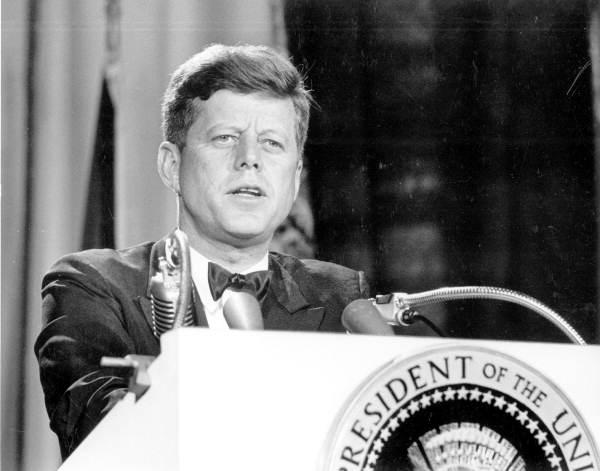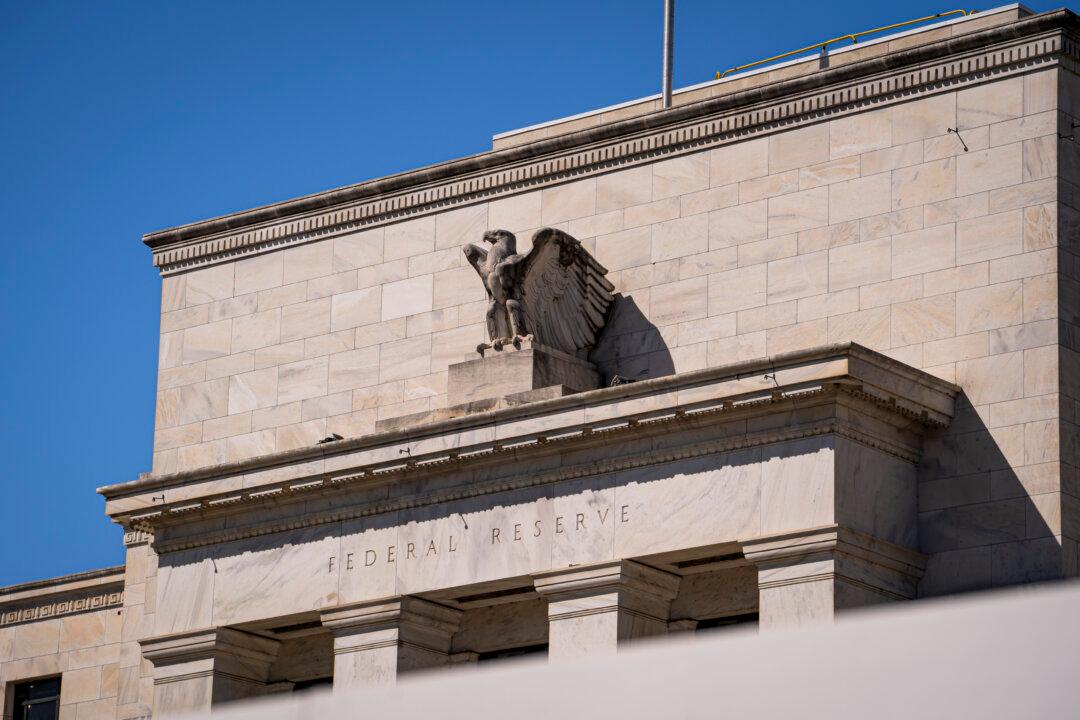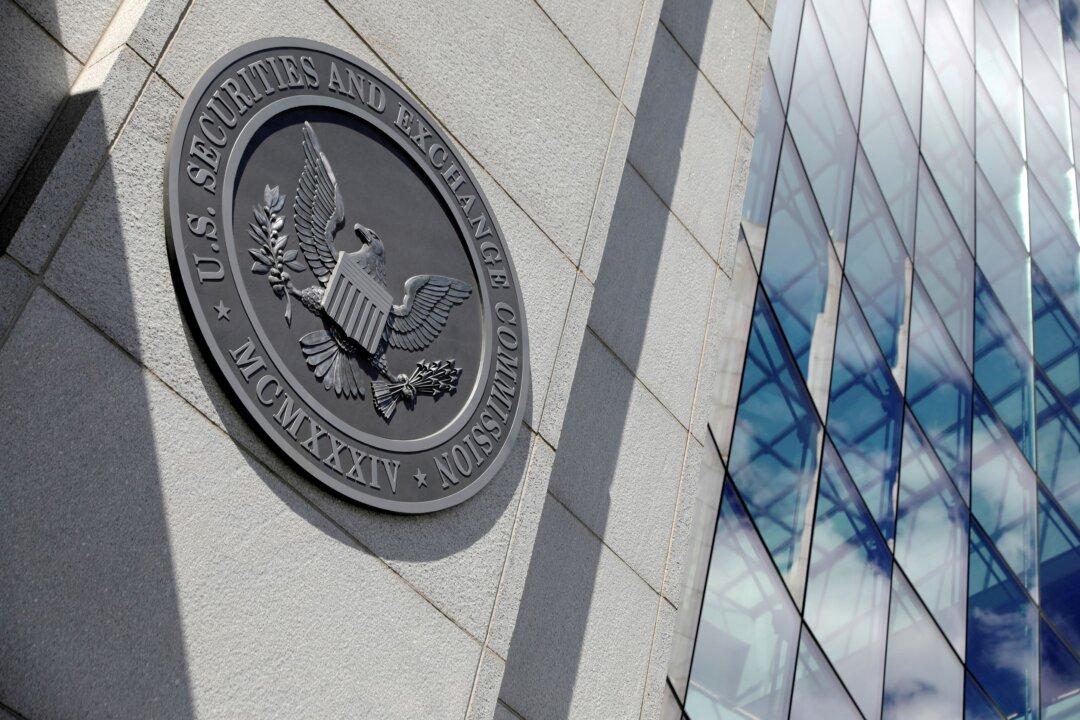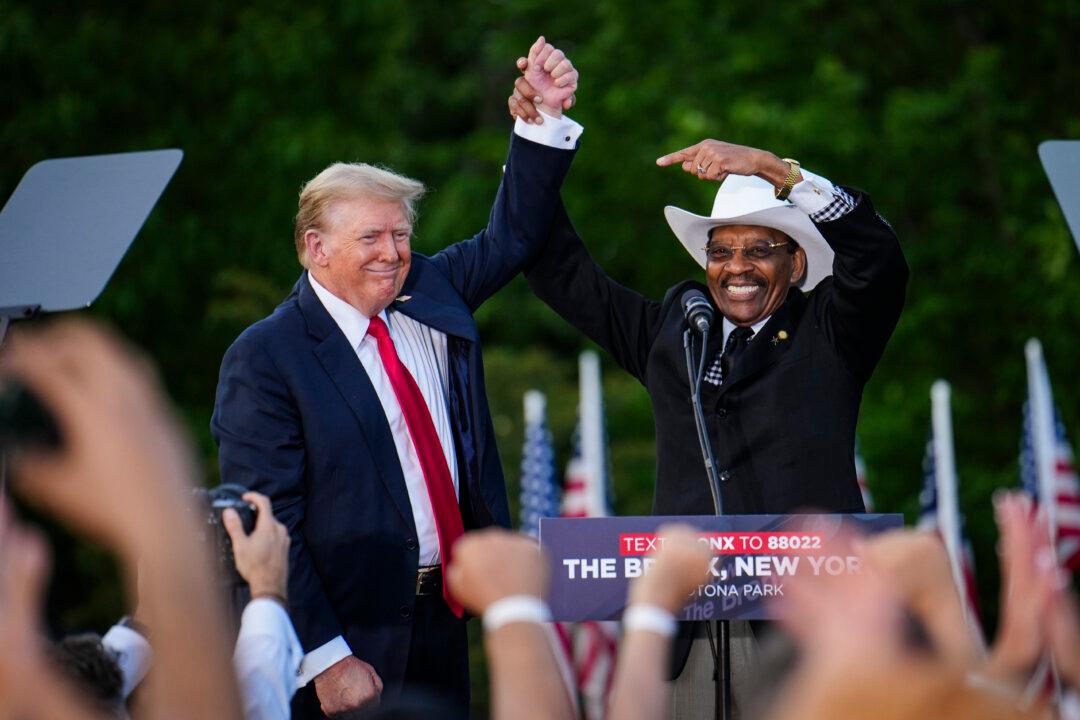A lawyer has filed a lawsuit against the National Archives in an attempt to obtain the underlying correspondence and memos relating to the decisions of Presidents Donald Trump and Joe Biden to postpone the release of the JFK records, six decades after the event.
The move comes after Biden released a memorandum in October 2021 authorizing another withholding of the records.




